It will get better | This Week in Games
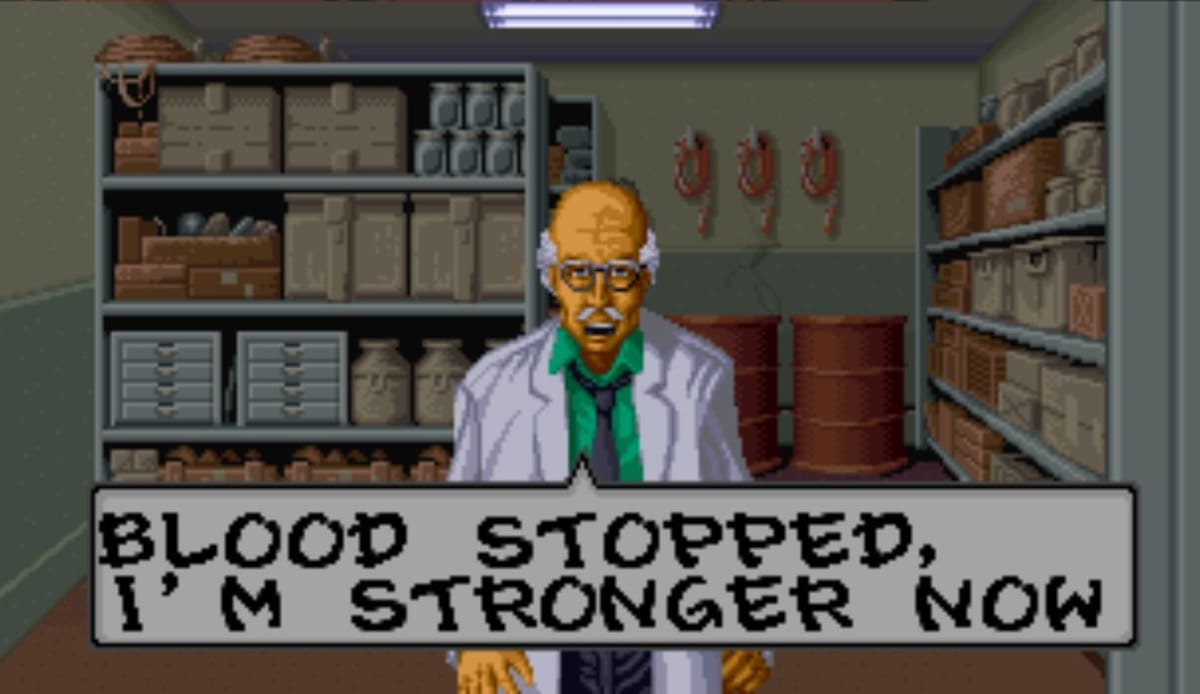
Anyone can tell you it's been an absolutely brutal stretch in the games industry going back nearly two years now. Nothing but layoffs and cancellations and closures and precious little optimism to cling to.
We've got recruitment agencies closing because people don't want to hire anymore.
We've got console makers bringing their biggest exclusive hits to competing platforms.
We've got little in the way of reinforcements to look forward to. Apple's long-awaited jump into VR/AR has been met with little interest and generative AI still hasn't answered any of the serious questions surrounding it, be they legal, ethical, or financial in nature.
Granted, Nintendo's got a successor to the Switch on the way, but developers have reportedly been told not to expect that to launch this fiscal year (ending March 31, 2025), and there's no telling how far beyond that we might have to wait.
At least Grand Theft Auto 6 lands next year, right? I mean, that's the plan, but it's not like Rockstar Games has a great track record of meeting release windows. And even if it does arrive in 2025, that doesn't do a world of good for anyone but Take-Two and the storefronts taking a cut of each sale.
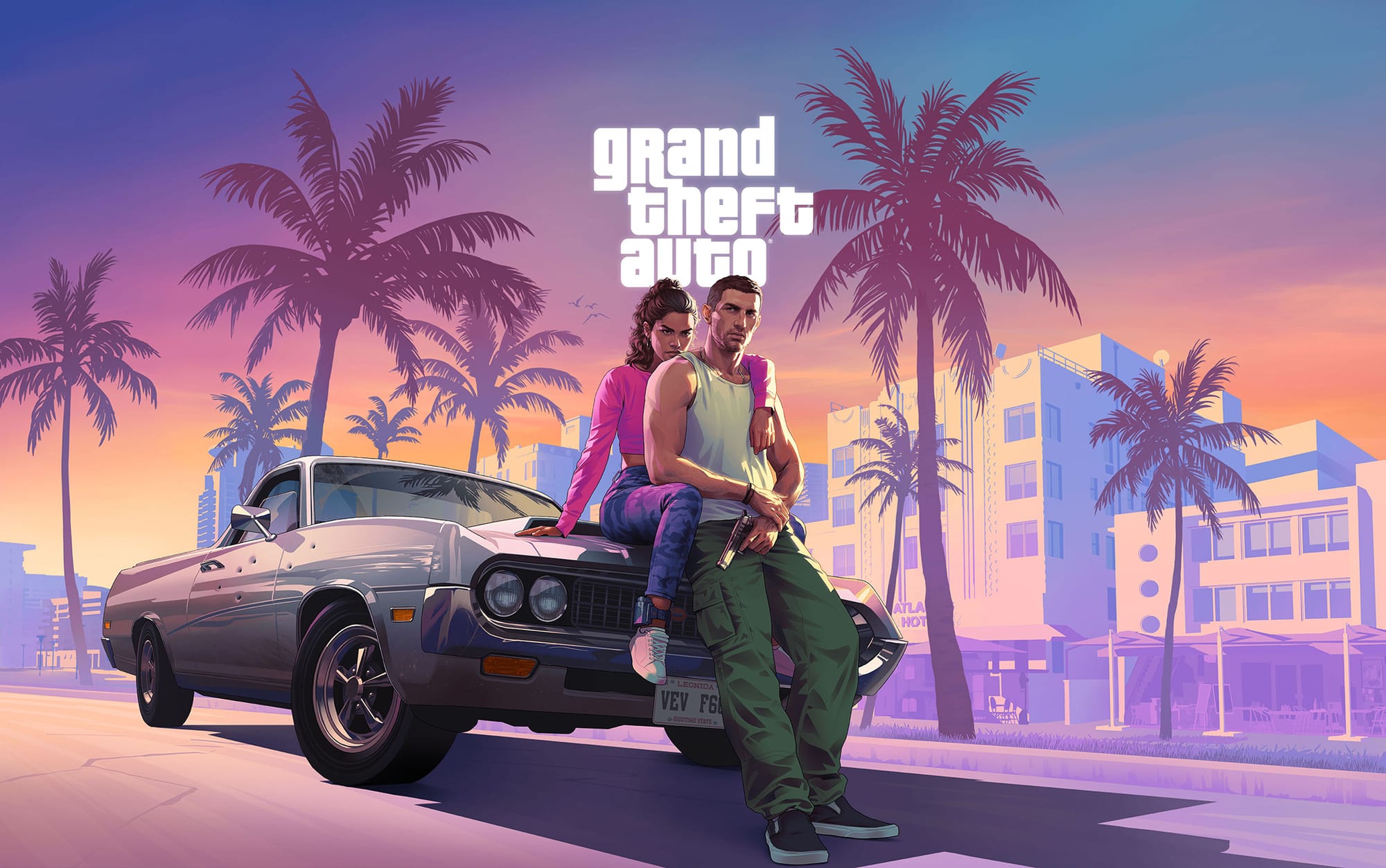
Much as I said a year and a half ago, the vibes are bad.
And much as a I said a year and a half ago, the vibes are overstating the problem, because the fundamental business of video games is sound. It was sound a year and a half ago and it remains sound now.
What's good right now?
People are still buying and playing games, and spending a bunch of money on them in the process.
Yesterday Circana released its monthly sales figures for July, with US spending on games up 10% for the month thanks to growth across the board.
In fact, 2024 has been pretty OK on the whole so far, with total spending up 2% thanks to modest increases in content spending and accessories overcoming a whopping 27% drop in hardware sales.
The hardware part of the business has been ugly all year, as Microsoft's new multiplatform strategy and nerfed Game Pass offering are actively dissuading people from investing in the Xbox ecosystem, the Switch is so late in its lifespan there's not enough left on the way to pad out a Gamescom award category, and Sony isn't even pretending to have a needle-moving system-seller this year.
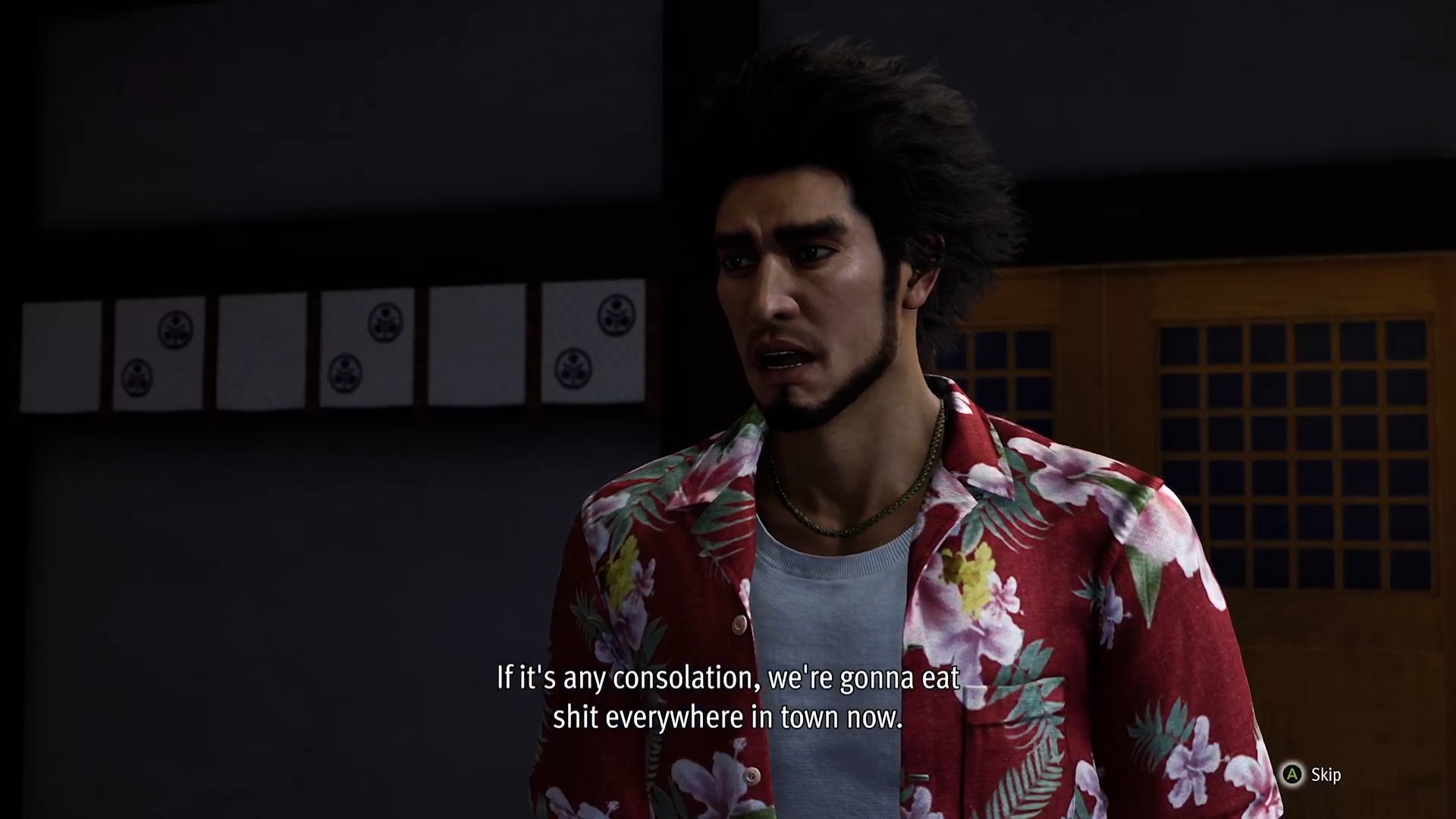
Fortunately, hardware is actually a small slice of the overall pie, less than 10% of all spending on games. It's not too difficult for that to be offset (and then some) by the movements in spending, in particular by the massive mobile games business.
And mobile is doing just fine, in fact. It's up 12% in 2024 year-to-date.
This is actually the biggest surprise I can think of compared to a year and a half ago. Back then I was worried the mobile market that had carried so much of the games industry's growth over the past 15 years was finally saturated, and that the growth from emerging markets solving logistical problems around things like payment processing would not be enough to offset declines of the pandemic bubble deflating.
The numbers supported that position too, as market intelligence firm Data.ai (formerly App Annie) had mobile game spending peaking in 2021 before posting unheard of consecutive declines in 2022 and 2023.
But this year's rebound suggests there may be room to grow yet, particularly if companies can keep creating new titles with significant and enduring appeal, something that's helped drive the 2024 figures so far
Monopoly Go was a massive hit out of the gates last year and continues to thrive, apparently to the benefit of some would-be competitors. Genshin Impact maker MiHoYo appears to have another success on its hands with Zenless Zone Zero, while evergreen hits like Candy Crush Saga and Brawl Stars have to compete for spots on the consumer spending chart with the aforementioned Hasbro adaptation and other recent releases like last year's Whiteout Survival and Last War: Survival Game.
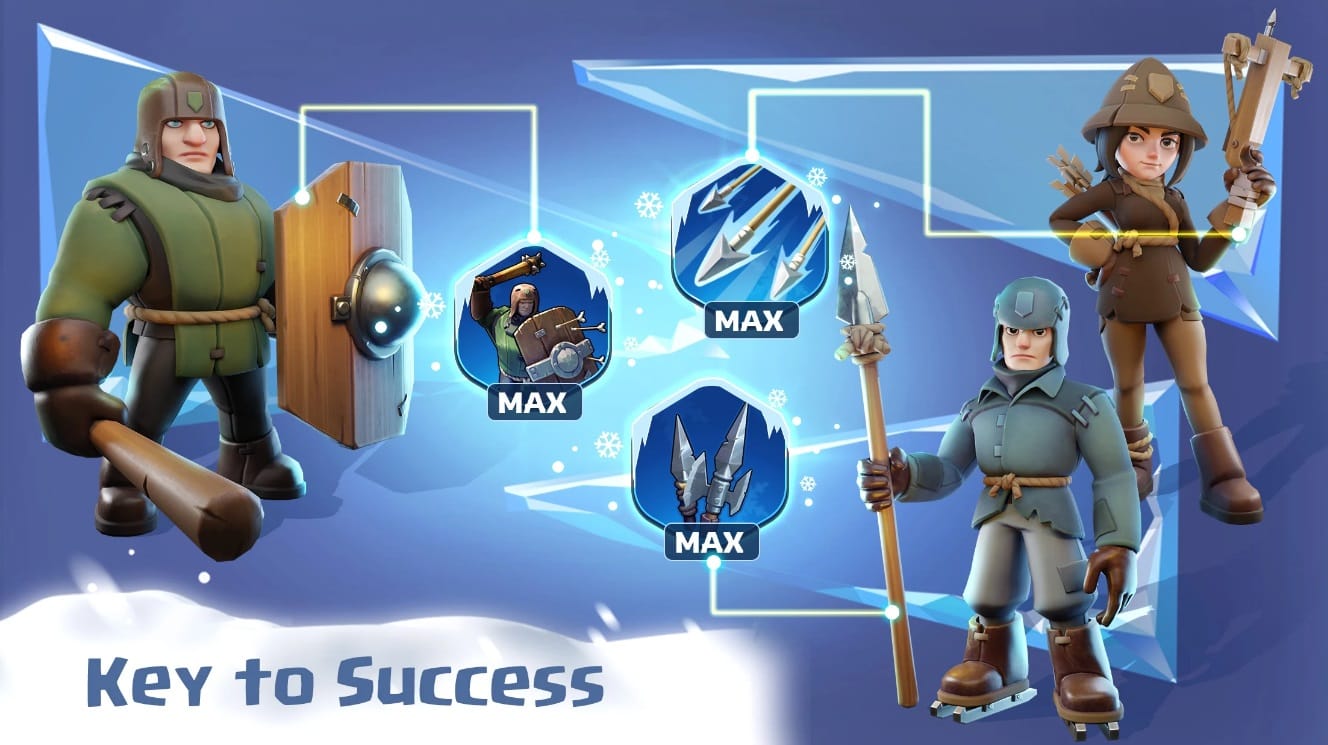
The console space isn't doing as well, but that's at least partly a function of where we are in the console cycle. I expect the Switch successor to start remedying that next year, although I honestly don't know how the cycle will work going forward in the higher-end Xbox and PlayStation business. They've sold a ton of Xbox Series and PS5 consoles over the past four years, but there's still been little in the way of content to justify the purchase of a new $500 system, or even games that absolutely required it. It really does seem like the AAA console arms race has finally exhausted its participants. The cost of ever-higher fidelity, ever-widening scope, and ever-livelier services may have finally outpaced the returns of catering to the slice of that audience that shares those desires, just not quite enough to invest in high-end gaming PCs.
For the record, I am by no means saying that consoles are dead. I'm just saying the people who have calling AAA development unsustainable are likely going to be pretty smug over the coming years. (And you know what? Good for them, they called it.)
And even if the traditional AAA arms race and console-exclusivity model both fell apart, that wouldn't stop people from wanting to play games on their TVs, whether it's new installments of their favorite franchises or the same games-as-a-service titles they've built social circles within for years.
I don't think there's a ton of upside for growth in the bigger picture console market at this point, and I wouldn't be surprised if Xbox in particular transitions from hardware manufacturer to third-party publisher/software platform holder in the coming decade. But I imagine even that kind of shake-up would be more about the lack of opportunity for outsized growth than any kind of signal that the console business is declining and unsustainable.
As for PC gaming, the format has been doing a little better this year (up 7% year-to-date when grouped in with cloud and non-console VR, according to Circana's Mat Piscatella), and its future may be a little brighter considering the console players it stands to pick up as Xbox and PlayStation whittle away their line-ups of exclusives in the search of larger audiences.
So if nothing's doomed, why do the vibes suck?
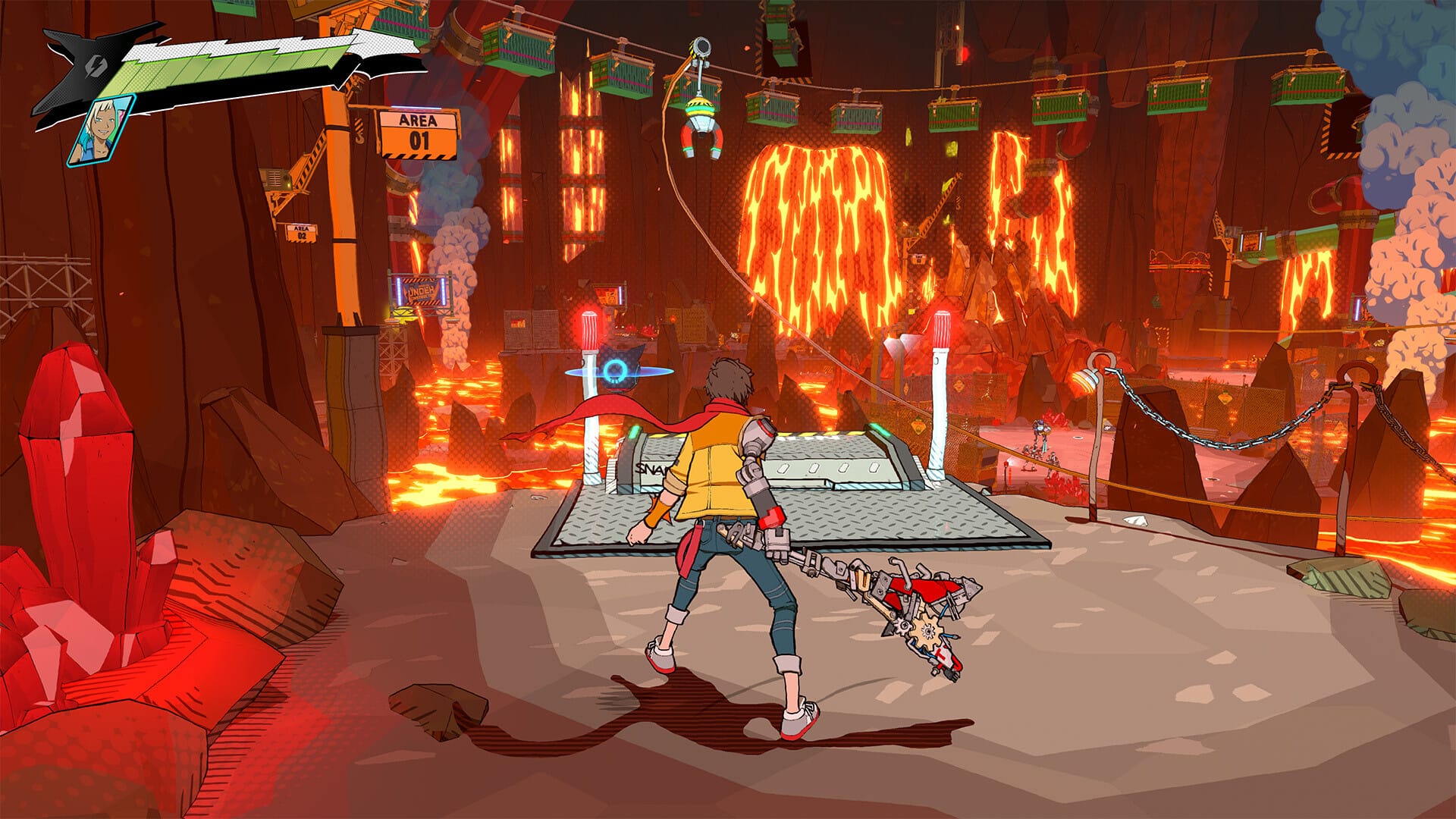
I think this is mostly because vibe-rotting news like layoffs and closures still come down the pipe with distressing regularity.
Some of those headlines are happening because companies continue to cut staff and tighten the belt when it isn't necessary in the least.
Sony's Game and Network Services revenues were up 12% in its first quarter of the current fiscal year. Its operating income was up 33%. For the previous fiscal year, gaming revenues were up 17%, while operating profits jumped 16%.
PlayStation laid off 900 people in February, and another 220 from subsidiary Bungie last month.
Microsoft's Xbox business grew revenues 61% in its last quarter thanks to the Activision Blizzard acquisition, but even taking that out of the equation Xbox sales would have been up 3%. The division saw operating income up 5% year-over-year, while the overall company added another $22 billion in net income for the three-month period.
That sort of money could have been used to do things like keep the celebrated developer Tango Gameworks on the payroll or follow through on its commitments to DEI, but Microsoft decided it would be better to close – then sell – the studio, give the boot to anyone trying to improve the company for marginalized people, and instead spend $8.4 billion of loose change on stock buybacks and dividends.
Over the first half of 2024, Amazon has seen sales climb 6% and more than doubled its profits to $23.9 billion, but still felt it had to make its fourth wave of layoffs at Twitch in just over a year.
After an admittedly rough fiscal 2023, Ubisoft enjoyed record bookings and a return to profitability (to the tune of €313 million) in fiscal 2024, and is already ahead of expectations for fiscal 2025. With that painful turnaround in the rear-view mirror, the company has celebrated by forcibly ejecting people from Ubisoft Toronto, Ubisoft San Francisco, and Red Storm Entertainment.
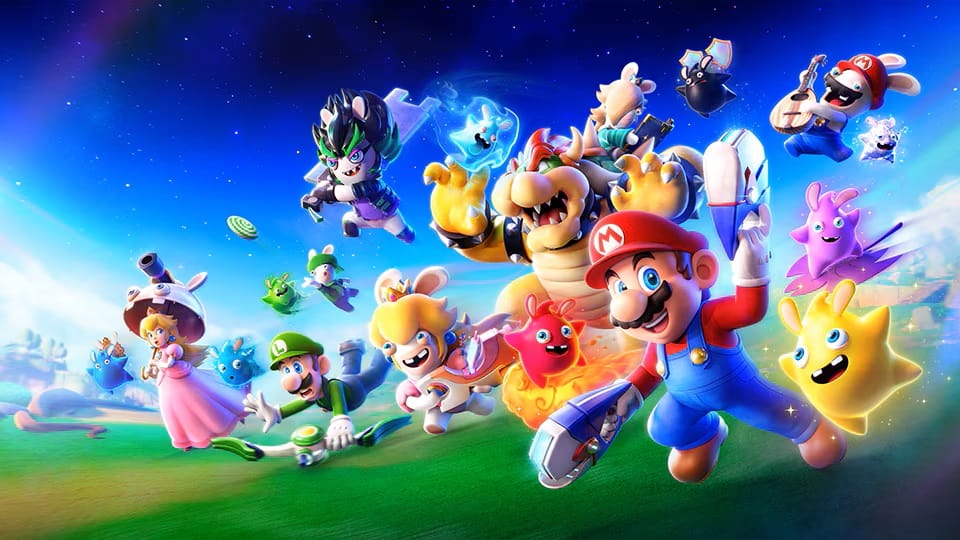
This isn't really new. Lots of the companies cutting thousands of jobs last year – sometimes even tens of thousands – were never actually losing money, or coming anywhere close to it.
As much as you can write off some of these cuts as the result of cruel executive whim rather than anything approaching necessity, loads of gaming businesses big and small have been enduring legitimate financial hardships. We are going through a market-wide correction, one that is largely being conducted by the same people who led their companies into dangerous territory during a pandemic boom.
Some of those people are suffering actual consequences, while others are outsourcing the consequence-suffering to their now-former employees. Some of them were reckless, malicious, or indifferent to the painful, predictable aftermath of how they were doing business. Some were acting in entirely good faith, and simply suffered from bad timing, unforeseeable circumstances, or their own honest mistakes.
Regardless of whether they deserve blame or sympathy, the hands on the wheels to get us out of this spin are (for the most part) the same ones that got us into it.
A lot of people were taking a lot of risks in a time when all the planets aligned for gaming businesses: A pandemic gifting the industry a captive audience, low interest rates, an industry that had spent the past decade systemically lowering the walls on its gardens, and a rush of venture capitalists with staggering bank accounts and staggering FOMO to match.
Once those planets started falling out of alignment, we were left with a lot of people and businesses who put a lot of money into a suddenly declining sector, people and businesses who now had a reduced desire and/or wherewithal to stick to their bets.
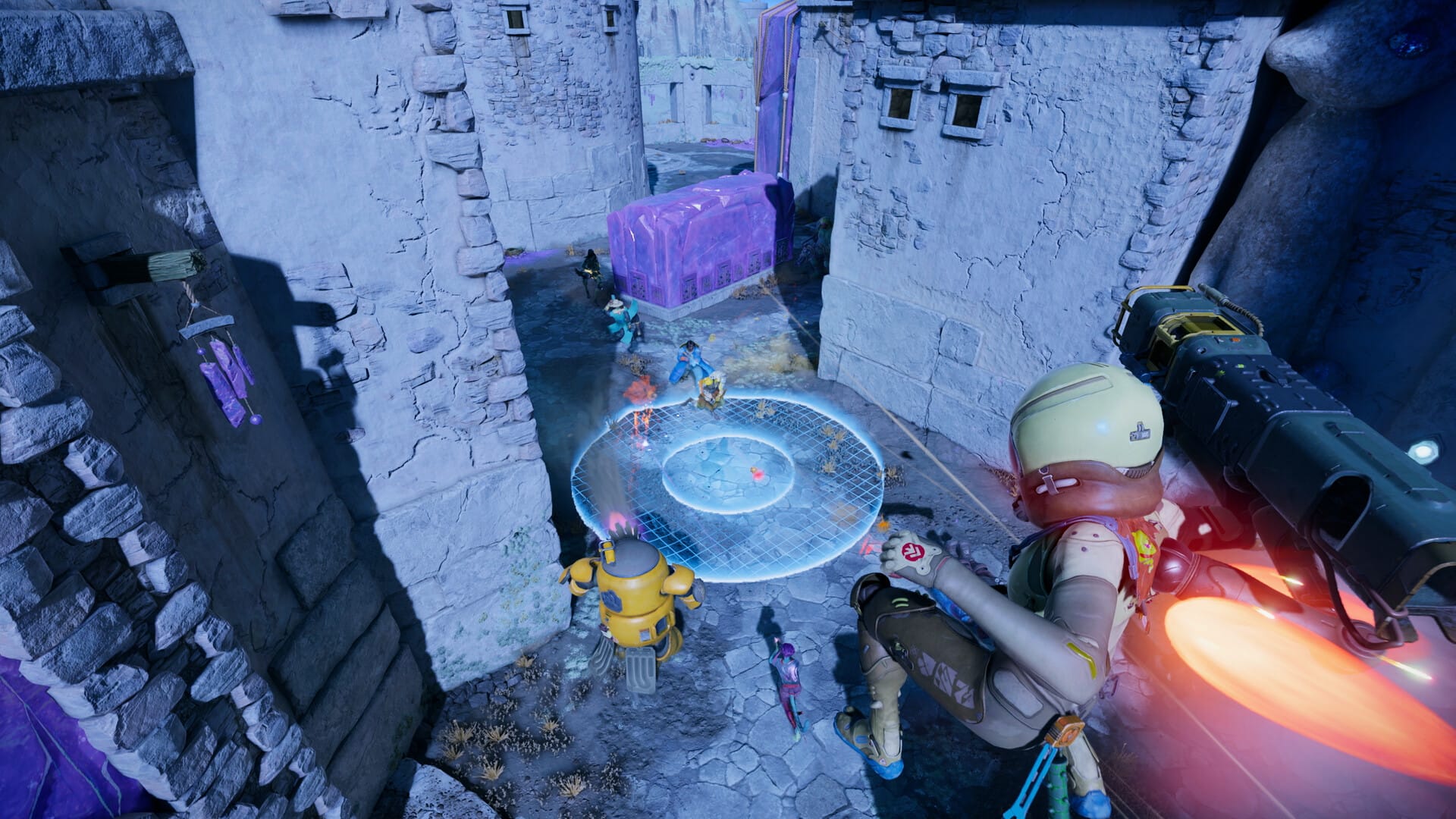
There are still plenty of things in gaming's bigger picture to worry about, of course. Consolidation is a big one, not just in deals like Microsoft's acquisition of Activision Blizzard, but in the consumer spending going toward a seemingly narrower band of titles.
Indie publishers are also suffering, particularly those who didn't build a marketing identity off a specific niche. As Yogscast Games' Simon Byron told my old employer after the Humble Games closure, "The era of the generalist indie publisher is over. Publishers really need to have a focused offering, something they bring that can't be replicated by anyone else. We are already seeing a shift, just look at the emergence of specialist publishers and labels who really focus on particular sectors."
We also still have our share of anticompetitive institutions with out-sized influence when it comes to picking winners and losers.
And as much as industry-watchers are prone to talking about the growth of revenues as if it's an unqualified good thing, too many games and publishers have built their businesses around exploitive and unethical business practices that need to be effectively curbed, a process which would almost certainly hurt revenues and cost jobs. (Call me heartless, but if your job was fostering gambling addictions in children, I won't be too sad about that job going away.)
Despite it all, I'm confident the vibes will improve, and soon. This morning's outlook from US Federal Reserve Chair Jerome Powell signaling lower interest rates certainly helps, but it isn't fundamentally altering my optimism on this subject.
Because for a lot of the big players, the business never really soured at all. And for the rest of us, the demand for games is still there, and as healthy as ever.
If we put aside that brief aligning of the planets, there's a lengthy and well-documented history of people's enduring desire to play games. There remains a paying audience for video games, and with each new generation that has grown up playing them, it's only going to get bigger for decades to come.
The past four years have been an extreme outlier, and once this "correction" is complete, we can return to a growth curve more like what might have been expected around 2019, hopefully with a cohort of industry leaders who have learned something from the folly of an obviously unsustainable era.
